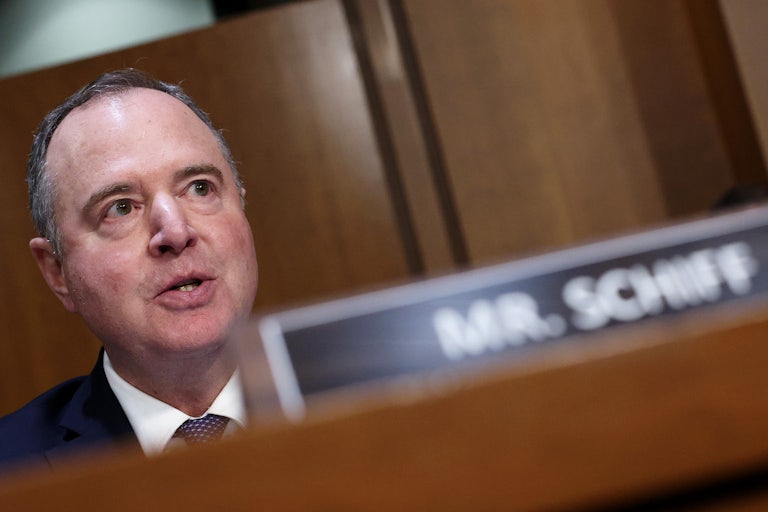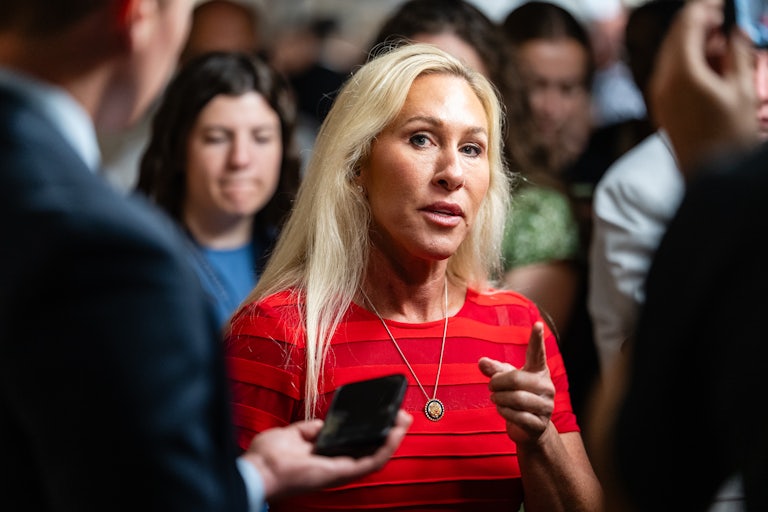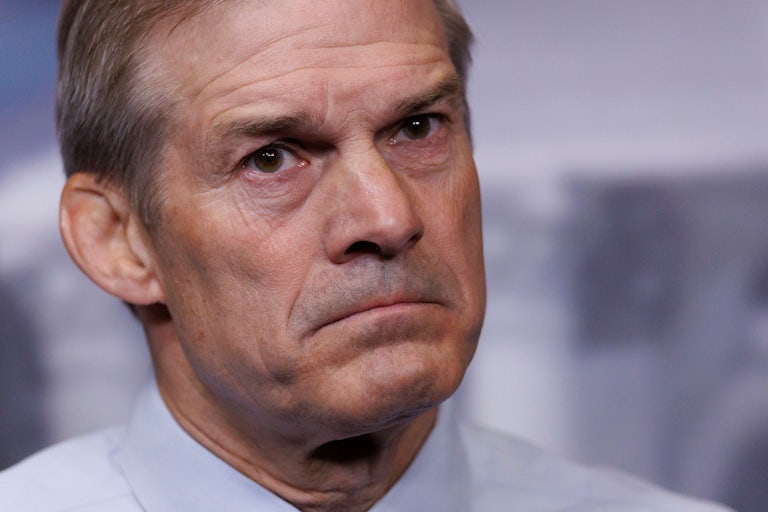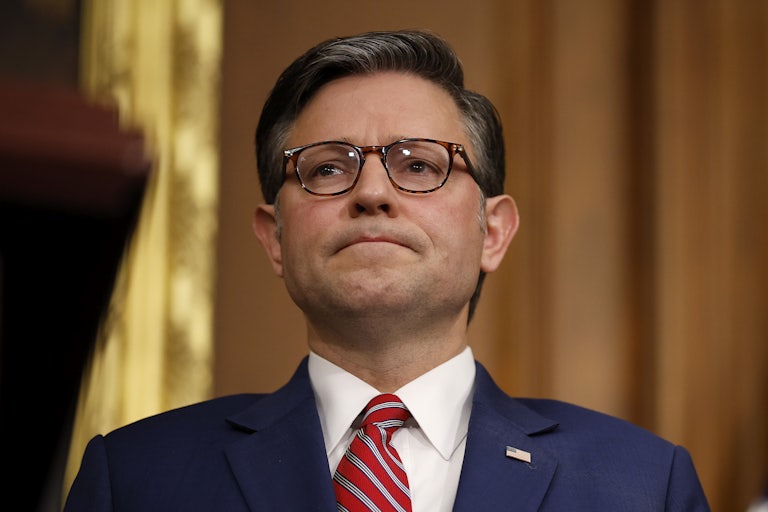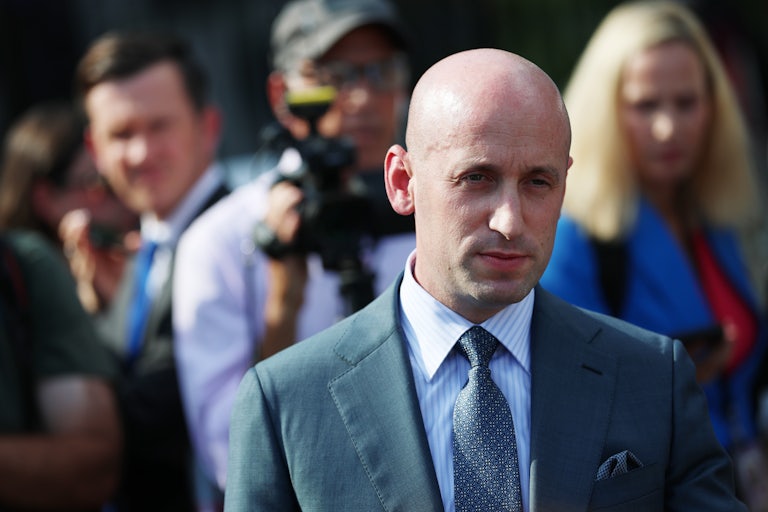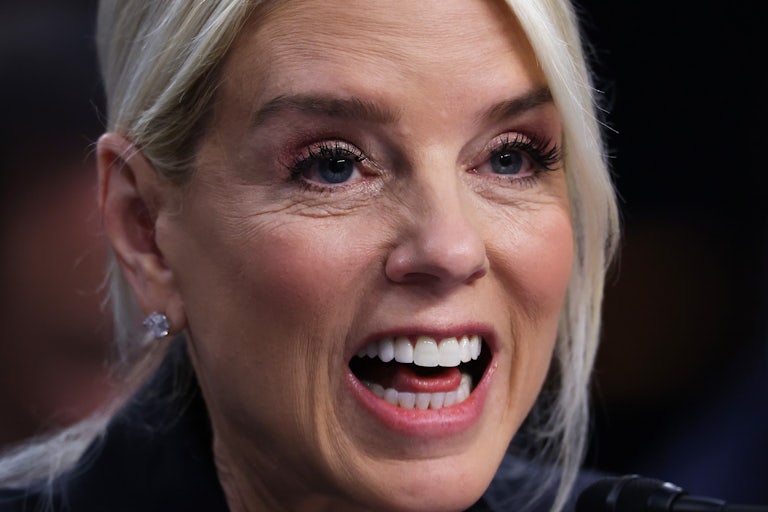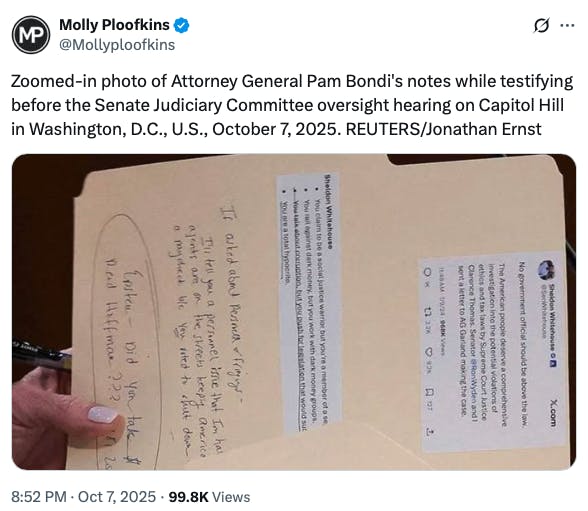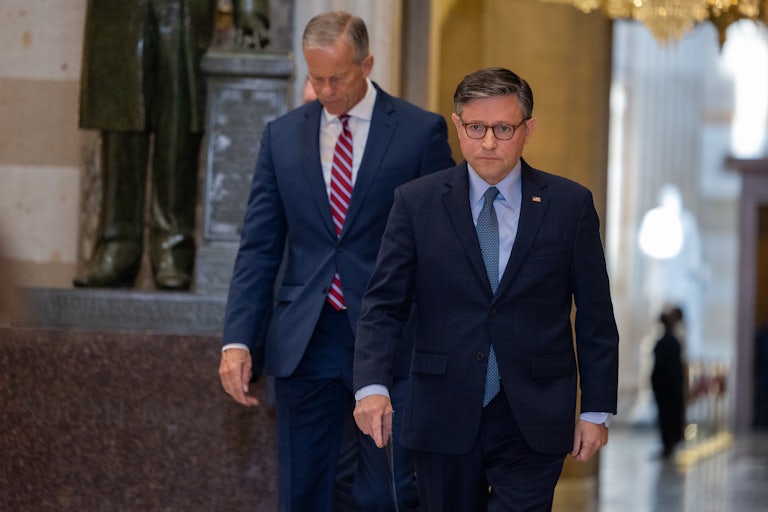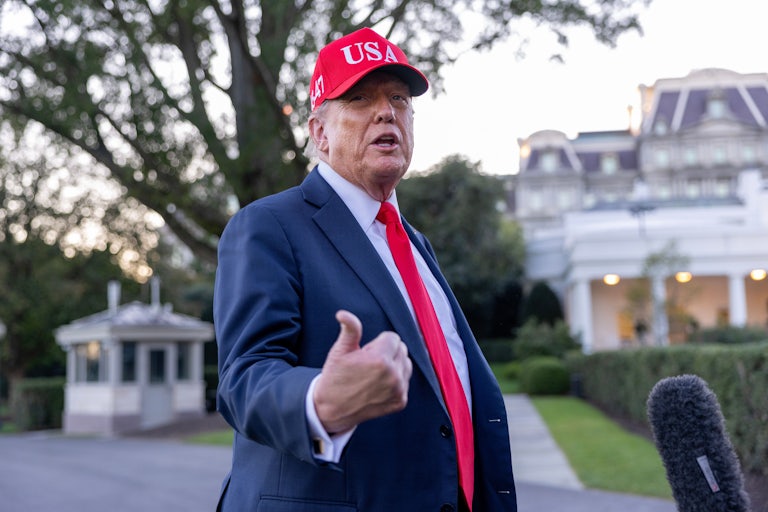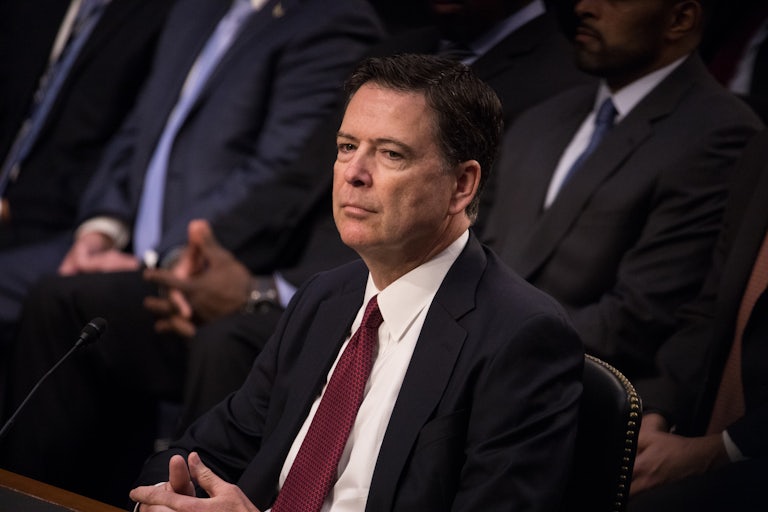The New York Times Wins Right to Obtain Info Musk Wanted Kept Private
Elon Musk has suffered a major blow in a lawsuit over his government clearances.
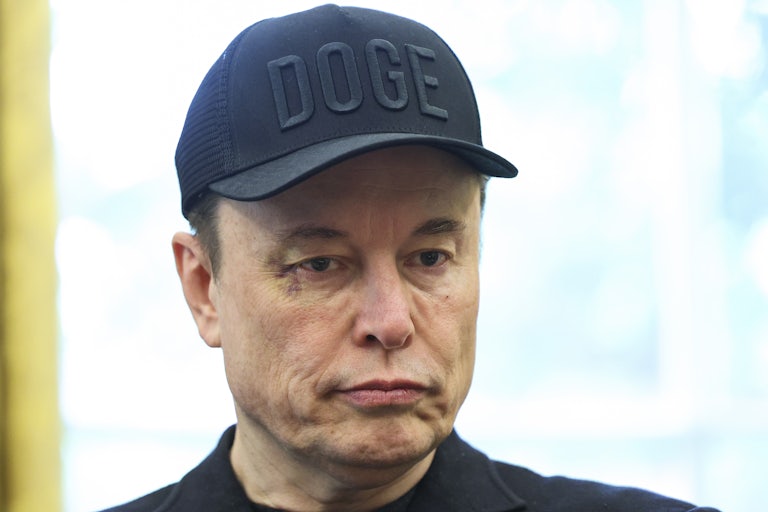
The Pentagon has to provide The New York Times information about Elon Musk’s security clearances, a federal judge ruled Wednesday—and the billionaire’s own posting habits helped decide the case.
In September 2024, the Times filed a Freedom of Information Act request seeking “a list of security clearances” granted to Musk, including “any details about the extent and purview of each of the clearances.”
The Defense Counterintelligence and Security Agency, which handles security clearances, denied access, arguing that the “privacy interest” of Musk “outweighs disclosure.” Shortly thereafter, the Times took the DCSA to court.
U.S. District Judge Denise Cote ruled that Musk himself had reduced his privacy interest by publicly boasting that he holds a “top secret clearance”—and discussing his drug use (including ketamine and marijuana) and contacts with foreign leaders (including Russian President Vladimir Putin), both of which are factors that the DCSA is supposed to consider for security clearance decisions.
“His posts on X on these topics have collectively garnered over 2 million views,” Cote observed.
Moreover, the judge noted, the Times’ request was far from sweeping, covering only a single two-page list of the security clearances of the billionaire, who, as the former head of Trump’s Department of Government Efficiency, was granted “special government employee” status.
Outweighing Musk’s privacy interests is public interest in “whether the leader of SpaceX and Starlink holds the appropriate security clearances,” Cote said. Also, “courts have repeatedly recognized a public interest in understanding the thoroughness, fairness, and accuracy of government investigations and operations.”
Musk’s admissions about ketamine and the Kremlin “only enhance the public interest in disclosure,” the judge wrote, and the document could “provide meaningful insight” into the DCSA’s vetting processes.
If there are any further concerns about Musk’s privacy, Cote stated, the government can propose redactions for a private review by the court by next Friday.
